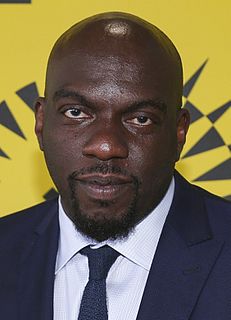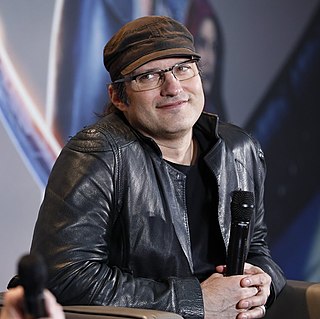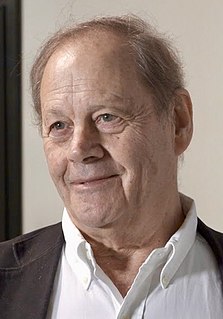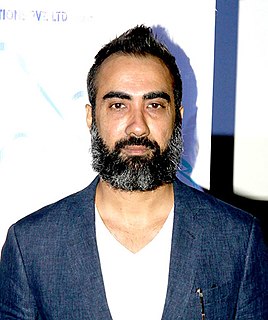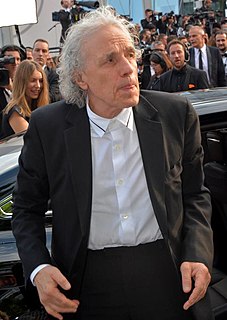A Quote by Patrick Fabian
When jobs come up, like a low-budget film like The Last Exorcism, you say yes and you see where it takes you.
Related Quotes
It takes a while for audiences on film to see you as something different if they've seen you for so long as a specific character. It's up to the actor to be like, 'Look man, let's try something else,' even if it's an ultra-low-budget independent. People who rep you will keep going with whatever they can send you on.
Suddenly I had a call one day saying they'd like me to come to the office to see Jean-Luc Godard. 'He is preparing a film called 'Breathless.' Jean would like to see you.' I said yes. I thought he was pretty strange, because at that time nobody was wearing those kind of glasses where you couldn't see the eyes.

